La transition énergétique à travers le prisme des espaces de vie : les dynamiques de recadrages cognitifs autour de projets éoliens en Suisse occidentale
Article complet du #82 | Engagements et action publique face à la crise climatique
Résumé
Le développement des projets de parcs éoliens en Suisse fait l’objet de nombreux conflits d’implantation territoriale. L’hypothèse explorée dans cet article est celle de la capacité de la notion de transition énergétique à construire une médiation entre les représentations sociales antagonistes s’exprimant autour de l’exploitation énergétique d’une ressource endogène qu’est le vent. En interrogeant les processus de recadrage des représentations sociales au sein de deux projets éoliens vaudois, l’analyse met en évidence les mécanismes cognitifs mobilisés par les différentes parties impliquées. Les résultats montrent les effets des changements d’échelle sur les évolutions du contenu substantiel de la notion de transition énergétique. Expression polysémique, elle peut être ainsi investie de représentations sociales, territoriales et institutionnelles plurielles, remarquablement labiles, au gré des usages stratégiques évolutifs dont elle fait l’objet. Ainsi, les cadres cognitifs des partisans du turbinage se confrontent à ceux de leurs opposants locaux tant dans leur interprétation des impacts anticipés des projets (financiers, paysagers, etc.) que dans la priorisation des enjeux territoriaux liés à la (non) réalisation du projet. L’immixtion en cours de projets des ONG environnementales nationales dans les débats engendre en particulier un recadrage cognitif majeur tant pour les opposants locaux que pour les promoteurs éoliens. En effet, elle soumet le processus de territorialisation des énergies renouvelables au respect des exigences de protection de la biodiversité et des paysages, véhiculées par la transition environnementale mondiale.
Mots-clés : conflit territorial, énergie éolienne, Suisse, transition énergétique, cadres interprétatifs, rôle social, transition environnementale, représentations sociales, conceptualisation idéologique
Abstract
The development of wind farm projects in Switzerland is subject to many conflicts, particularly regarding installation locations. This article explores how the concept of “renewable energy transition” can be used to build a mediation between antagonistic social profiles who participate in the realization and the spatial design of energy projects. By questioning the processes whereby social representations were reframed within two wind energy projects in Canton of Vaud, this analysis highlights the cognitive mechanisms utilized by the various stakeholders involved. The results of our analysis show the effects and-scale changes on the evolution of “renewable energy transition” content. As a polysemous expression, “renewable energy transition” content can thus be invested with plural, remarkably labile social, territorial and institutional representations, depending on the varied strategic influences to which it is subjected. Thus, the cognitive frameworks of wind-turbining proponents and those of their local opponents are challenged in the interpretative content of the anticipated project impacts (financial, landscape, etc.) as well as in the prioritization of territorial stakes related to the (non-)implementation of the project. The interference of national environmental NGOs’ in the local controversy generates a particularly major reframing, both for local opponents and for wind developers. Indeed, the implementation of renewable energies across the territory is subjected to the respect of biodiversity and landscape protection requirements induced by the global environmental movement.
Keywords: territorial conflict, wind energy, Switzerland, renewable energy transition, interpretative frameworks, social role, environmental transition, social representations, ideological conceptualization
Article complet du #82 | Engagements et action publique face à la crise climatique

